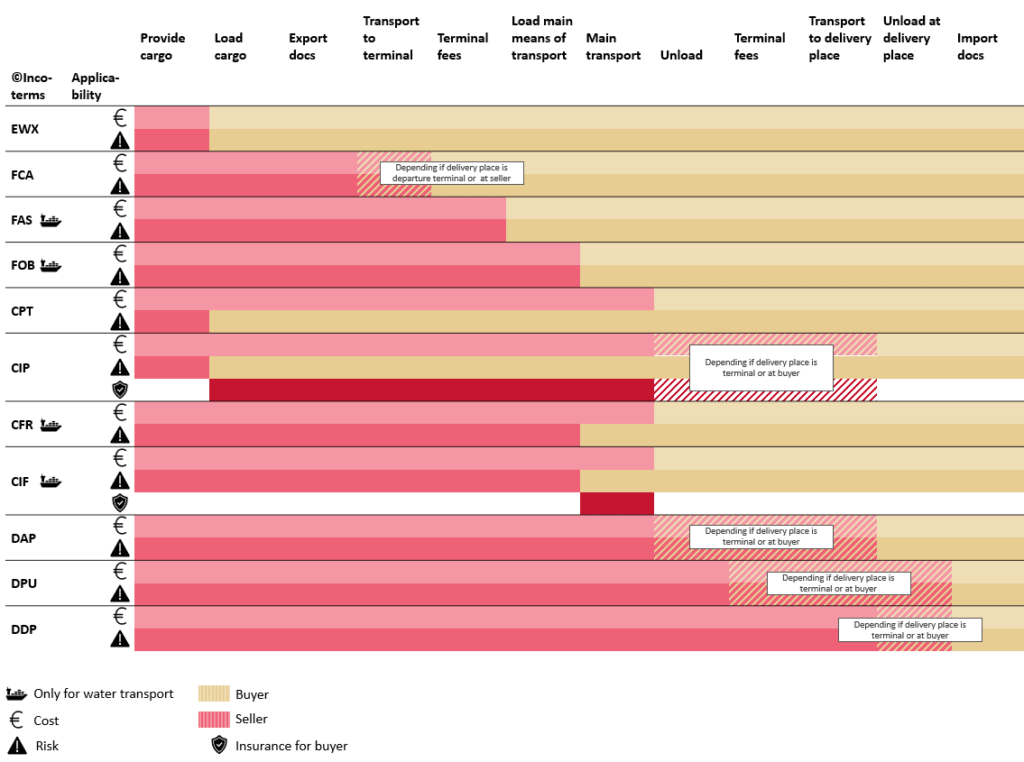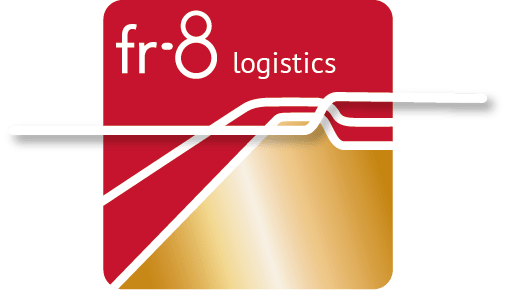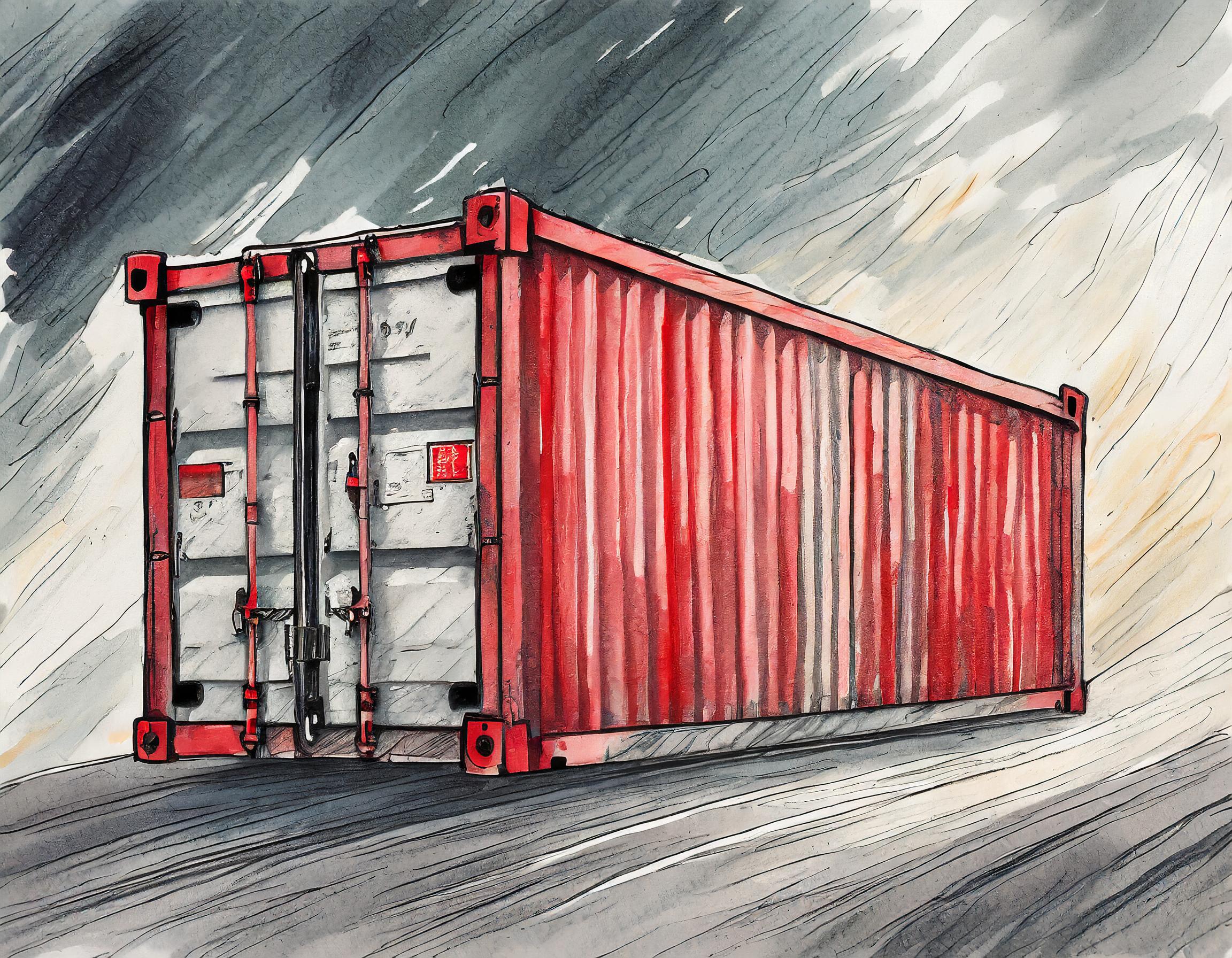Clarity and precision are key for effective international commerce. This is where International Commercial Terms (©Incoterms) come into play, serving as the global language of trade by defining the rights and obligations of buyers and sellers. Let’s take a look at why ©Incoterms are crucial, who benefits from their application, an overview of key terms, and the updates introduced in the 2020 edition.
What are ©Incoterms and Why Are They Important?
©Incoterms are a set of standardized trade terms established by the International Chamber of Commerce (ICC) to facilitate smooth and efficient international trade. They delineate the responsibilities, risks, and costs associated with the transportation and delivery of goods, providing clarity and structure to trade agreements. For businesses engaged in global commerce, adherence to ©Incoterms minimizes misunderstandings, mitigates risks, and ensures seamless transactions.
©Incoterms are vital for all parties involved in international trade, including exporters, importers, manufacturers, freight forwarders, and logistics providers. By establishing clear guidelines for the allocation of responsibilities and liabilities, ©Incoterms help businesses navigate complex supply chains, streamline operations, and manage risk effectively. Moreover, they foster trust among trading partners, contributing to the overall efficiency and success of global trade.
Overview of ©Incoterms

- EXW (Ex Works): The seller’s responsibility ends at their premises, and the buyer assumes all risks and costs from that point. The buyer is responsible for arranging transportation, insurance, and export/import clearance.
- FCA (Free Carrier): The seller delivers the goods, cleared for export, to the carrier nominated by the buyer at a named place, typically the seller’s premises or another agreed location. The seller is responsible for loading the goods onto the carrier’s vehicle.
- CPT (Carriage Paid To): The seller delivers the goods to the carrier nominated by them but pays the freight for the carriage to the named destination. The risk transfers from the seller to the buyer when the goods are handed over to the carrier.
- CIP (Carriage and Insurance Paid To): Similar to CPT, but with the addition of insurance arranged and paid for by the seller. The seller is responsible for insuring the goods against the buyer’s risk of loss or damage during transit.
- DAP (Delivered at Place): The seller delivers the goods when they are placed at the disposal of the buyer on the arriving means of transport, ready for unloading at the named place of destination. The seller bears all risks and costs until the goods are ready for unloading by the buyer.
- DPU (Delivered at Place Unloaded): The seller delivers the goods, unloaded from the arriving means of transport, at the named place of destination. The seller is responsible for unloading the goods at the agreed-upon destination.
- DDP (Delivered Duty Paid): The seller bears all costs and risks associated with delivering goods to the named place of destination, including customs duties and taxes. The seller is responsible for clearing the goods for import and paying all applicable duties and taxes.
- DDU (Delivered Duty Unpaid): Similar to DDP, but the seller is not responsible for paying import duties or taxes. The buyer is responsible for clearing the goods through customs and paying any duties or taxes upon arrival at the destination.
- FAS (Free Alongside Ship): The seller delivers the goods when they are placed alongside the vessel (e.g., on a quay or a barge) nominated by the buyer at the named port of shipment. The buyer is responsible for loading the goods onto the vessel and for all subsequent transportation costs and risks.
- FOB (Free on Board): The seller delivers goods on board the vessel nominated by the buyer at the named port of shipment, bearing all costs until that point. The risk transfers from the seller to the buyer when the goods pass the ship’s rail at the port of shipment.
- CFR (Cost and Freight): The seller delivers goods on board the vessel or procures the goods already so delivered. The risk of loss or damage to the goods passes when the goods are on board the vessel, and the seller must contract for and pay the costs and freight necessary to bring the goods to the named port of destination.
- CIF (Cost, Insurance, and Freight): Similar to CFR, but with the addition of insurance arranged and paid for by the seller. The seller is responsible for insuring the goods against the buyer’s risk of loss or damage during transit to the named port of destination.
Changes in the 2020 Edition
The 2020 edition of ©Incoterms introduced several notable changes aimed at adapting to the evolving landscape of international trade. Here’s an overview of the most important changes:
- Replacement of the term “DAT” (Delivered at Terminal) with “DPU” (Delivered at Place Unloaded) to reflect modern shipping practices where goods may be unloaded at various locations. DPU allows the parties to agree on any place, not just terminals, as the delivery point. This change provides more flexibility in choosing the delivery location, which better aligns with the diverse needs of international trade.
- The Free Carrier (FCA) term now explicitly allows the seller to request the carrier to issue a bill of lading with an “on-board” notation. This change facilitates the seller’s obligations in proving that the goods have been delivered on board the vessel, which is particularly important for letters of credit and documentary collections.
- Transportation of goods under clauses FCA, DAP, DPU, or DDP can now be organized using seller’s or buyer’s own transport facilities. This change recognizes the increasing prevalence of seller or buyer-owned transport in modern trade practices, providing more flexibility to the parties involved.
- The insurance coverage under the CIP (Carriage and Insurance Paid To) and CIF (Cost, Insurance, and Freight) terms has been adjusted to better align with current business practices. This adjustment aims to provide clarity and reduce misunderstandings regarding the extent of insurance coverage provided by the seller.
- ©Incoterms 2020 provides clear rules for the distribution of security-related obligations and the associated costs between the buyer and the seller. This clarification helps parties understand their responsibilities regarding security measures such as screening, packaging, labeling, and documentation, as well as the costs associated with these measures.
fr-8 acts as Your Partner in all related Questions
Our experts will give advice which ©Incoterms are suitable for your business, considering the individual challenges in each market and the special requirements for each means of transport.
Source: ICC, wko


